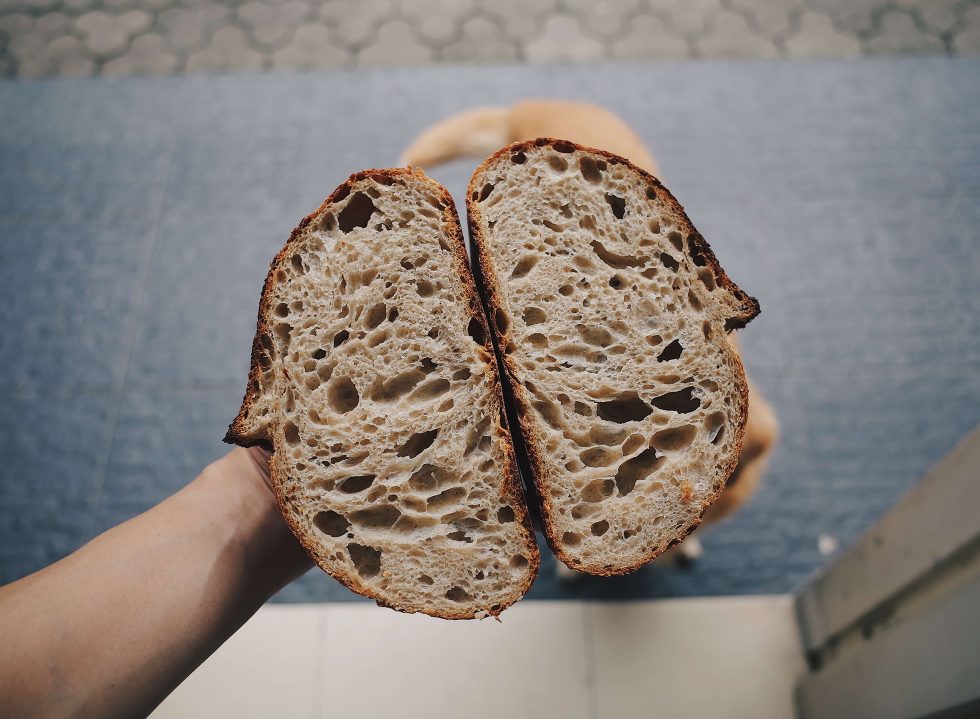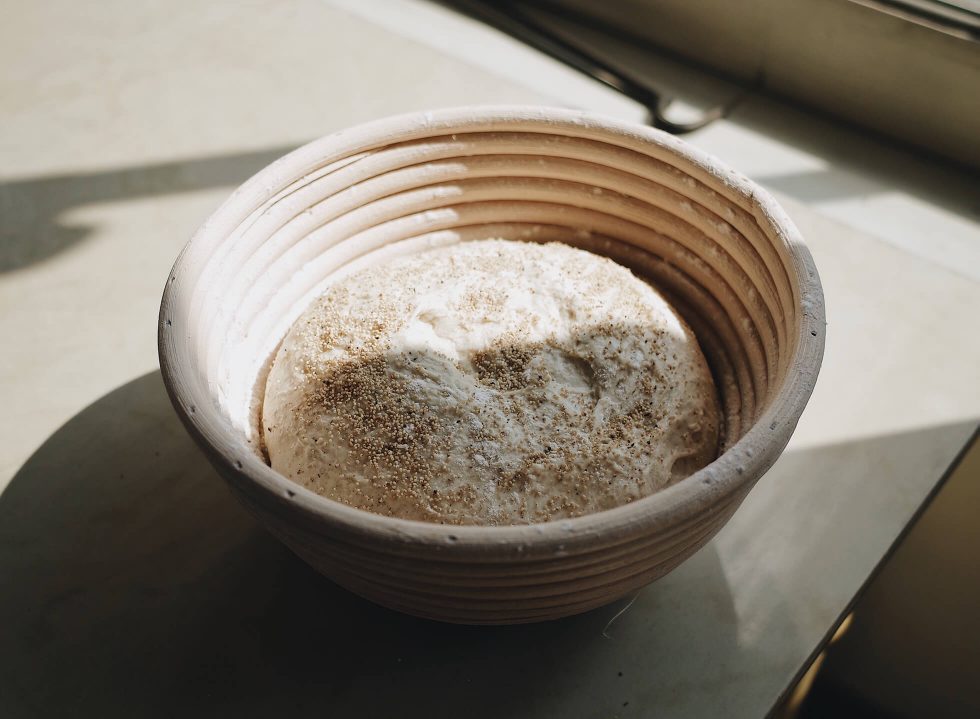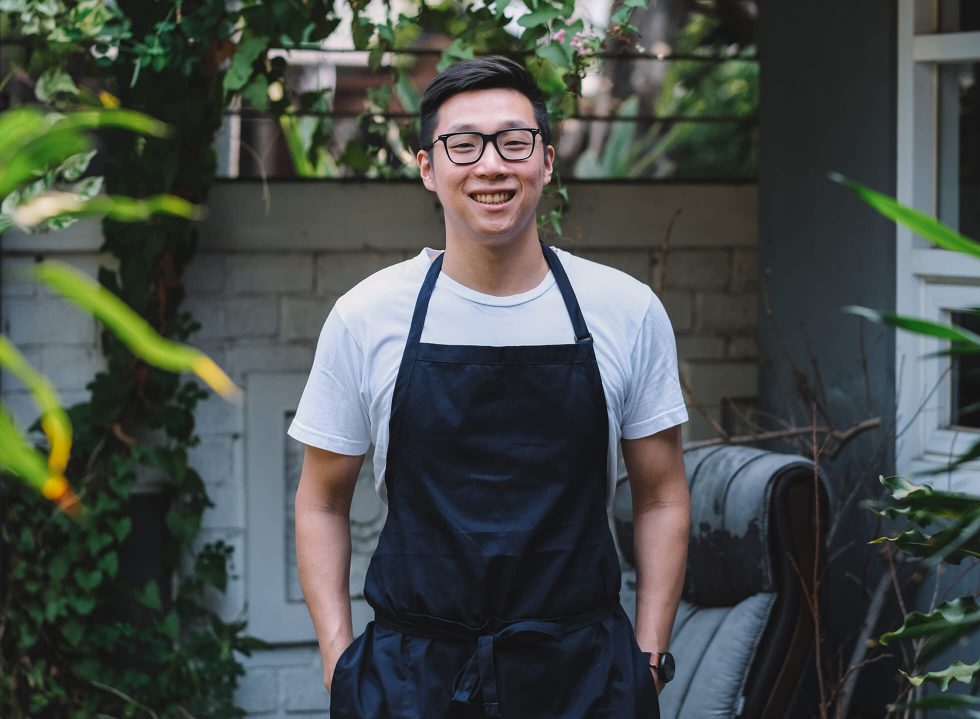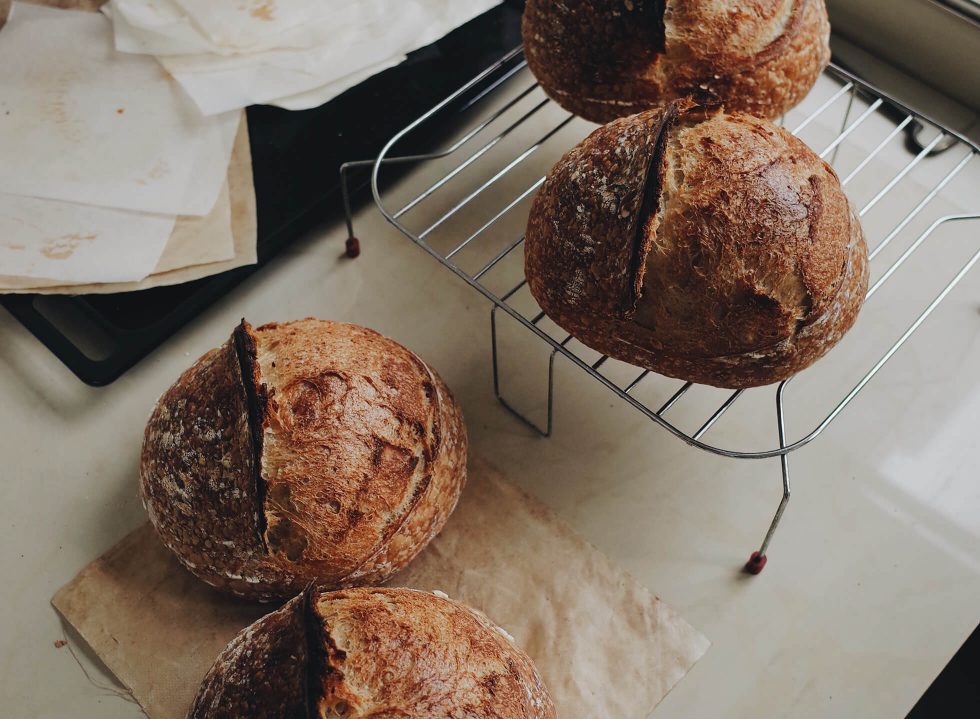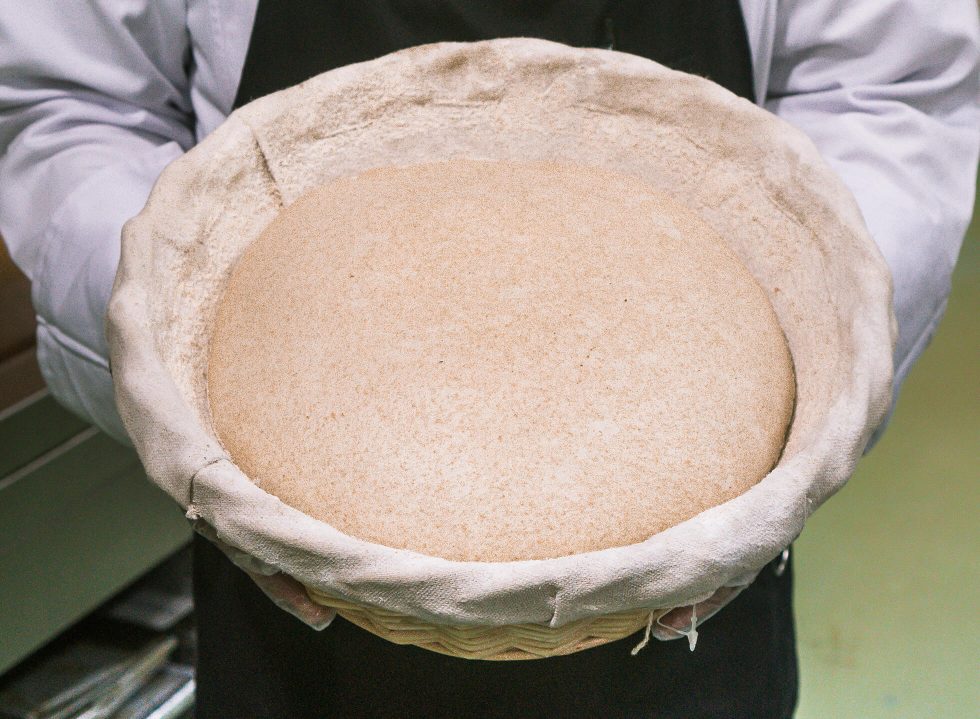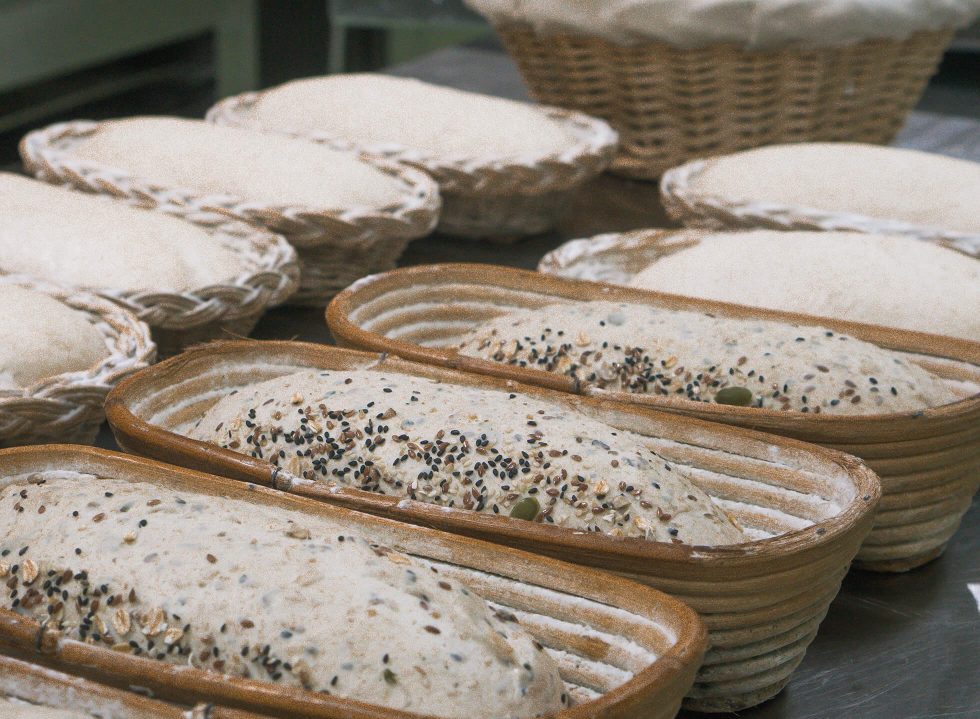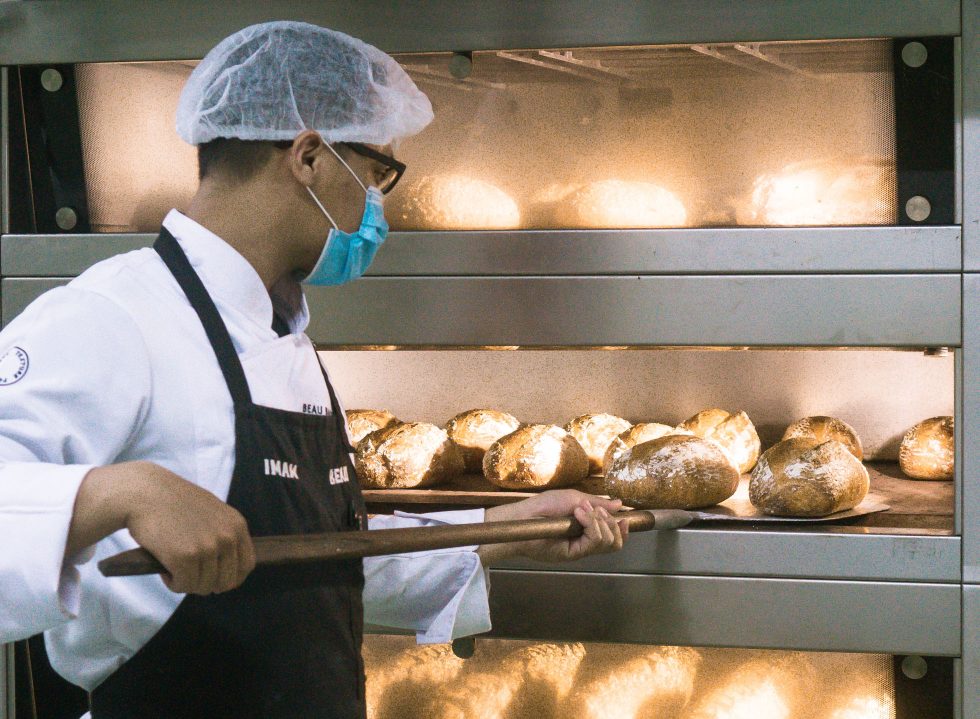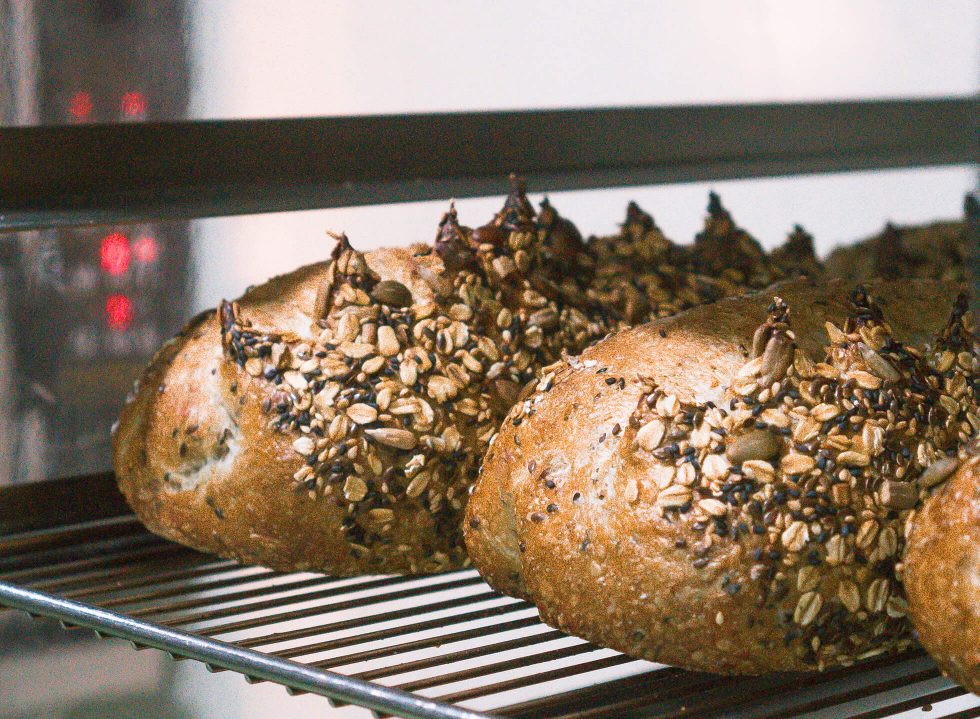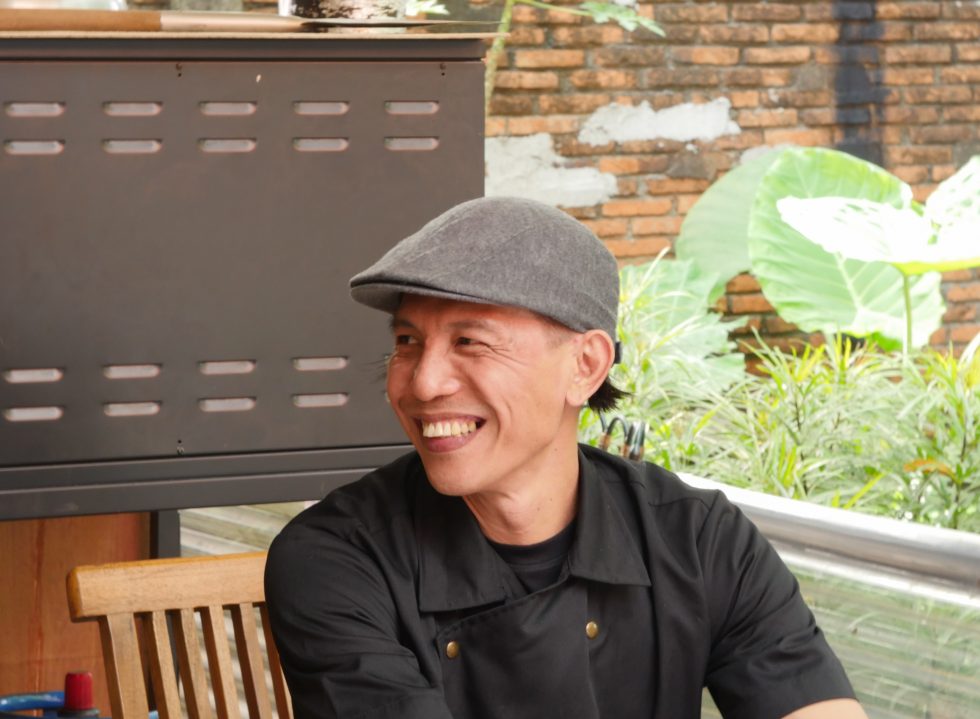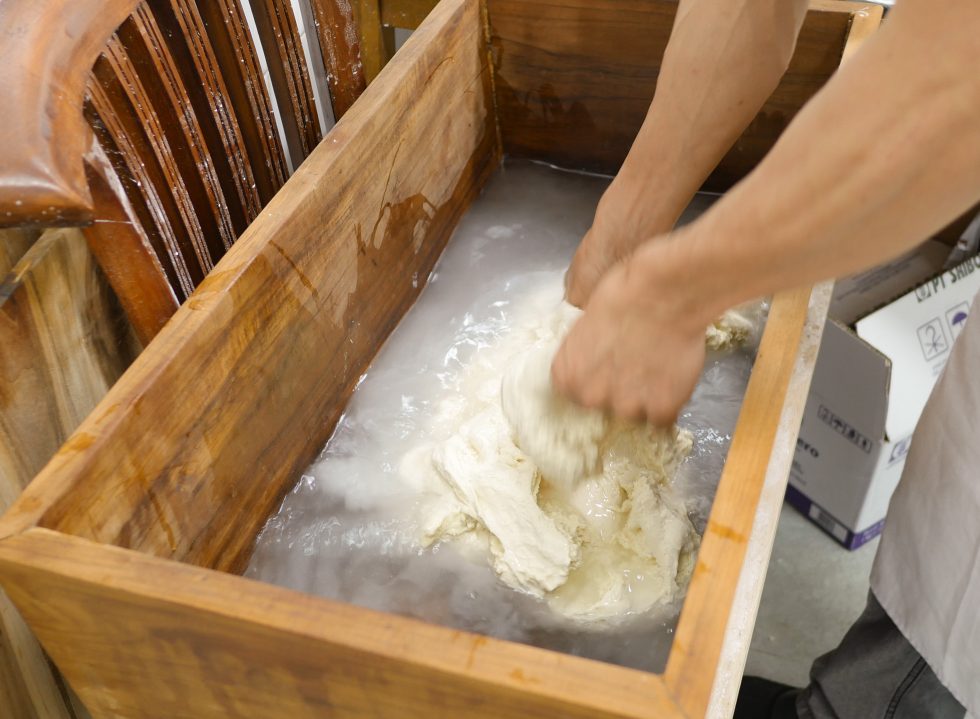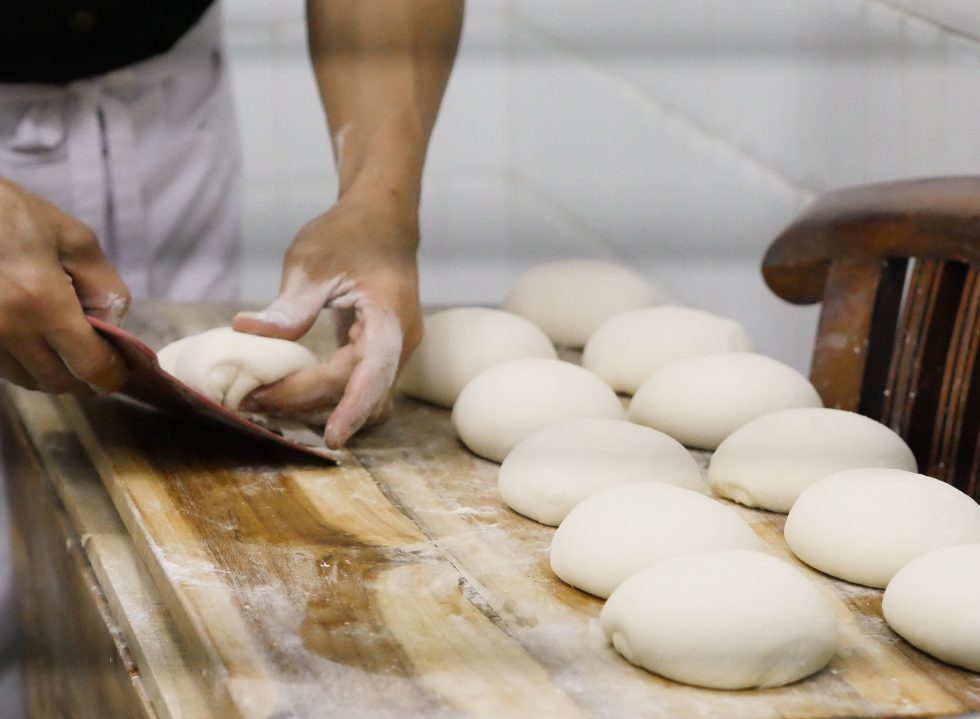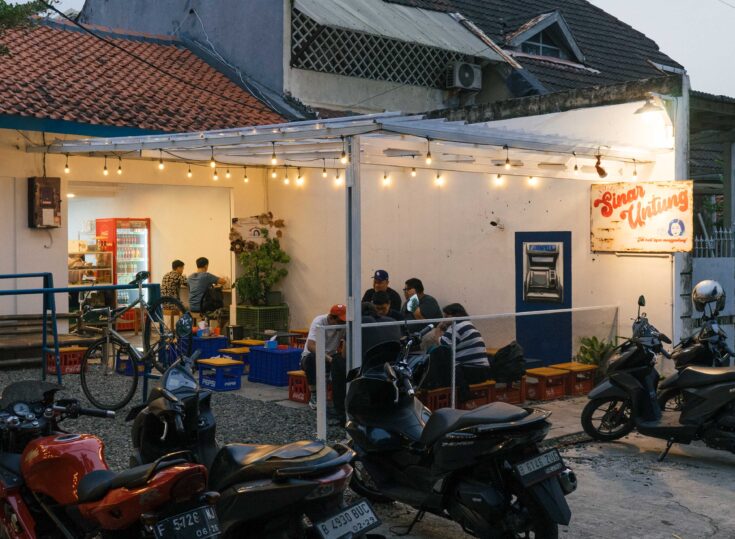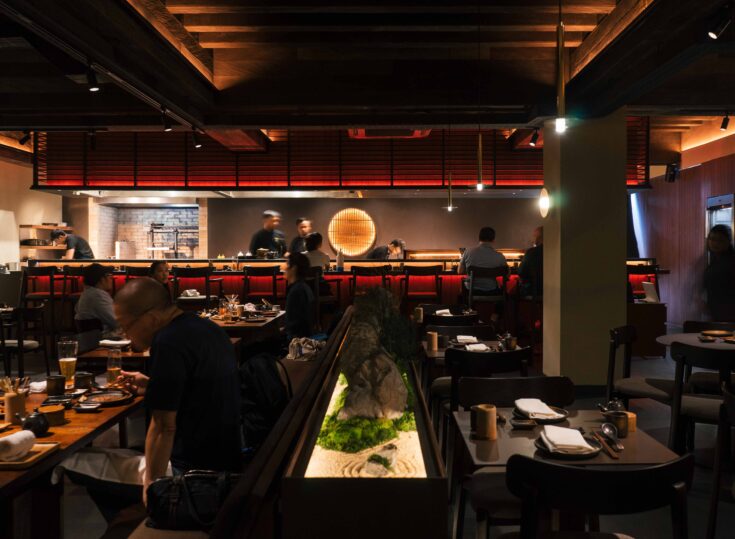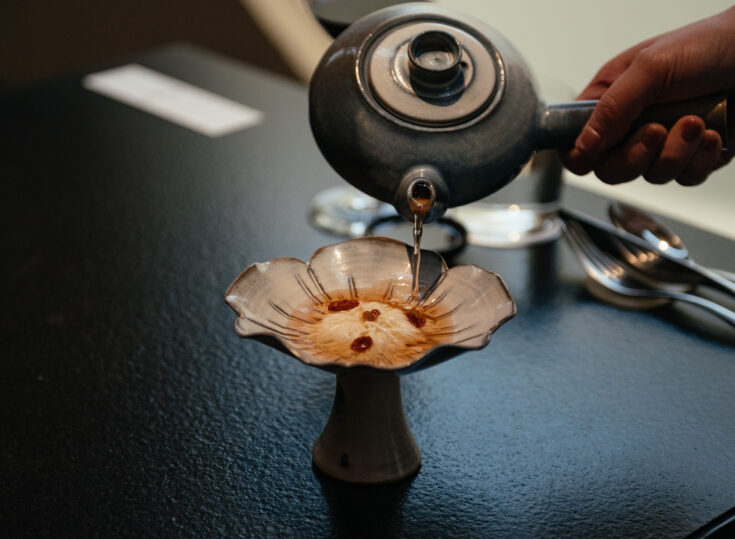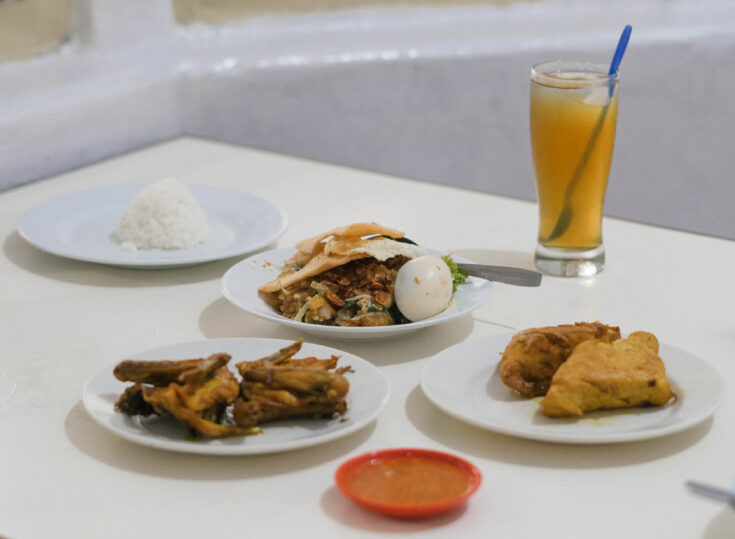At the start of the pandemic (has it really been almost two years?)—cocooned at home and disoriented with excess time and what to do with it—many would confirm their desperate attempts to fill up or manipulate this new confrontation with time. Whether for solace, entertainment, or simply something to do, people were quick to busy themselves with indoor hobbies, clinging closely to ones that promise the most distraction.
Among the waves of quarantine fads we welcomed, nothing seemed to have stuck as much as baking, especially those with a curiously centred obsession on sourdough. But why now? Sourdough baking is far from a novelty, in fact, the practice itself could probably be traced back to ancient Egypt with the accidental discovery of fermented dough.
A labour of love
For pastry chef Ardika Dwitama, he enjoys the idea that “the most basic ingredients, when put together, could create something wonderful. You can source the most expensive flour or the wildest natural salt on the planet, but the real luxury lies in the craft and technique you put into it.”
In between the shifting lockdown restrictions, when not in the kitchen crafting desserts for August Restaurant, Ardika spends his days perfecting his sourdough loaves. Limited to ten fresh loaves daily, among their range of menu for home deliveries, their sourdough has quickly turned into a crowd favourite.
All good sourdough begins with a good starter, also known as ‘mother’—essentially a mixture of flour and water mixed and stored until it bubbles—which needs to be fed regularly for a minimum of seven days before it can be used and every 24 hours for forever, indeed. To wit, co-founder of BEAU Bakery and the recently launched BEAU Bagel and Pizza, Ian Chin has been feeding his starter for a whopping 10 years.
As a leavening agent, a sourdough’s starter is unique. For one, it cannot rely on commercial yeast. Sourdough takes advantage of and harnesses the natural yeast that is present in the air that surrounds us, which makes the process more delicate and quite unpredictable. Once inoculated, we have naturally occurred ‘wild yeast’ and the microorganism lactobacilli to thank for the bread’s signature sour taste.
“We didn’t start making sourdough because of trends. We made it simply because we enjoyed eating it,” Ian weighed in. Every sourdough bread from BEAU is made using Ian’s 10-year-old starter. And in a quest to elevate artisan sourdough in the local F&B industry, the baker shares that “for deep flavour, we usually ferment our sourdough crust for 24 hours. As for the bagels, they are all hand-rolled and boiled.”
Check your timers
Like combining science with art craft, the same careful and deliberate process must be applied throughout the making of sourdough. Because on top of a quality starter, many other factors contribute to a successful fermentation, such as room temperature and consistency.
With flour, water and salt as the only “real” ingredients, the last and perhaps most important one would be time and lots of it. In the process of “bulk fermenting”—the stage where the starter has been mixed into the dough—an hourly check-up of folding and light kneading activates the formation of gluten. Gluten gives bread its chewiness, and a sourdough slice is nothing without its irresistible bite.
Solo Pizza’s head baker, Toar Rumondor, abides by a strict schedule to feed his starters and to check and fold his dough every few hours. It’s a task that demands strong self-command if not to bail on the many hours a sourdough baker has already clocked in to reach this climactic point. The result of this discipline speaks for itself: on the daily, Toar works with 15 kg of flour, all moulded by hand, producing up to 120 pans of Solo Pizza’s signature chewy and airy pizza.
With the amount of free time that fell on our laps, it’s clear why the sourdough was rising in popularity. The process rewards patience and intuition more than technical knowledge. The ingredients are simple and inexpensive, leaving our dedication and curiosity to learn as the determining factors between sourdough-wishful-thinking and sourdough-making. Social media made the labour of love something sexy to invest: an eye for detail, frequent practice and a lot of time, which we were eager to fill for a fresh loaf of bread.
